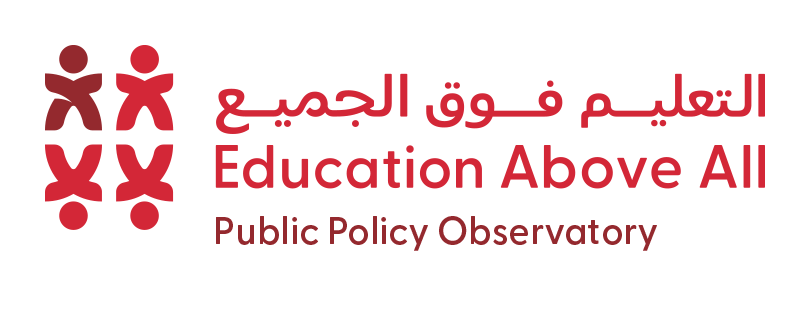Context and Issue
Mexico, like many developing nations, aims to transition its economy towards knowledge-based sectors, necessitating an effective education system. However, the public education system faces challenges with low graduation rates and test scores, particularly impacting disadvantaged students. Reform efforts in Mexico City face opposition, leading to the emergence of private schools as alternatives, especially for marginalized students.
Solution
Christel House de Mexico, a nonprofit private school in Mexico City, offered free or heavily subsidized education to about 400 students from low-income families. The school used the "no-excuses" model, with a nine-hour school day and high expectations for student attendance and parental involvement. Christel House provided sports, arts, English, computer skills programs, health services, and nutritious meals alongside the standard curriculum.
Impact
An evaluation examined the impacts and cost-effectiveness of a subsidized private school in Mexico City catering to low-income children, operated by a global philanthropic organization supporting similar schools worldwide. Using a lottery-based admissions system for first-grade students, the study revealed that those who secured a spot in this school showed notable improvements in literacy and numeracy over three years compared to their counterparts who didn't. Parents of lottery winners expressed higher satisfaction with the school's academic rigour and held greater expectations for their children's college success. Despite the achievements, the study found that the higher cost per student ($1000/pupil-year) relative to public schools was due to the broader range of services offered and limited economies of scale, indicating relatively lower cost-effectiveness. Nevertheless, the study emphasizes the significant potential of philanthropic private schools in enhancing academic outcomes and narrowing educational disparities among disadvantaged students in the area.













